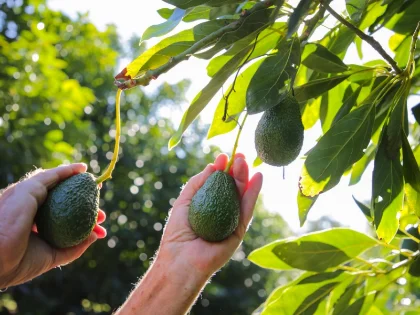The Benefits of Gratitude and Positive Thinking in Daily Life
Finding the bright side of things helps us get through difficult times. It also promotes resilience in trying situations, according to studies.
Make it a daily habit to write down the things you are grateful for on little slips of paper and save them in a jar as a way to practice gratitude. Alternatively, try sending one letter of appreciation to a friend or relative every week.
1. Lessens Tension

By lowering the hormone cortisol, which can lead to anxiety and sadness, gratitude lowers stress. In one study, those who consistently engaged in acts of appreciation had cortisol levels that were 23% lower.
By cultivating thankfulness, you can steer clear of negative emotions that frequently accompany stressful situations, such as jealousy, bitterness, and self-criticism. Gratitude can also help with problem-solving and maintaining a regular sleep schedule by fostering pleasant feelings.
According to studies, more trait thankfulness has been linked to higher levels of pleasure, life satisfaction, and optimism. In addition to having better connections and lower rates of anxiety, despair, and chronic pain, those who express appreciation more often also have stronger relationships.
Consider expressing gratitude every day rather than saving your gratitude for special occasions like holidays or other occasions. Making thankfulness a daily practice is one of the quickest paths to better emotional health. It will get easier the more you practice. For instance, you may write down three things for which you are thankful at the beginning of each day.
2. Boosts Confidence

Taking the time to appreciate the blessings in your life is a wonderful way to cultivate thankfulness. Additionally, it can assist you in learning how to change your negative ideas and emotions into more positive ones, which can help you feel better about yourself and prevent despair.
In a particular study, subjects completed daily reports in which they rated their expectations for the day, the high and low points, and their sentiments of gratitude for a close friend or relative. In addition, questions about their frequency of exercise, amount of sleep the night before, and stress level were posed to them.
Researchers discovered that, compared to a control group that was instructed to just list their problems, the group that was encouraged to write about their blessings reported higher subjective well-being. Compared to those who wrote about their concerns, those who wrote about their blessings were happier, exercised more, and reported feeling better about themselves.
3. Strengthens Your Bonds

Your relationships can benefit from gratitude in a variety of ways. For instance, trying to come up with something positive to say about your partner can help defuse a tense situation. It can also assist you in changing your perspective on the issue to one that is more constructive, such as recognizing that your partner is acting in a helpful manner rather than concentrating solely on their bad actions.
In a similar vein, research has shown that gratitude can motivate others to return the favor. In one experiment, subjects were instructed to thank a person who had benefited them with a letter. Because of this, the researchers came to the conclusion that showing thankfulness might act as a social glue to keep connections together (Algoe & Stanton, 2012).
Gratitude is simple to cultivate when you focus on the positive aspects of your life. Try writing in a journal about the things you have to be grateful for, such as your family, your health, or your comfortable surroundings. As an alternative, include mindfulness and thankfulness into your daily routine by listening to a guided audio meditation, such as HelpGuide's Thankfulness in Difficult Times.
4. Enhances Well-Being

Immunity, happiness, and sleep have all been related to developing the beneficial habits of feeling grateful for what you have and the benefits that might result from doing so. Additionally, it can aid in controlling low-grade inflammation, which is linked to diabetes, heart disease, and other illnesses (for more details, see the Harvard Medical School reference).
Regular practice, like making a list of two or three things you're grateful for each day, is one of the best strategies to develop gratitude. If the thought of maintaining a gratitude diary seems daunting, Maidenberg advises incorporating it into your nightly ritual before bed or making it a family activity by talking about your blessings at the dinner table every night.
According to her, assisting others is another way to increase your level of thankfulness. "This kind of thankfulness builds neural pathways that associate positive emotions and kindness with other people, increasing your likelihood to rely on and trust other people," the author continues.








